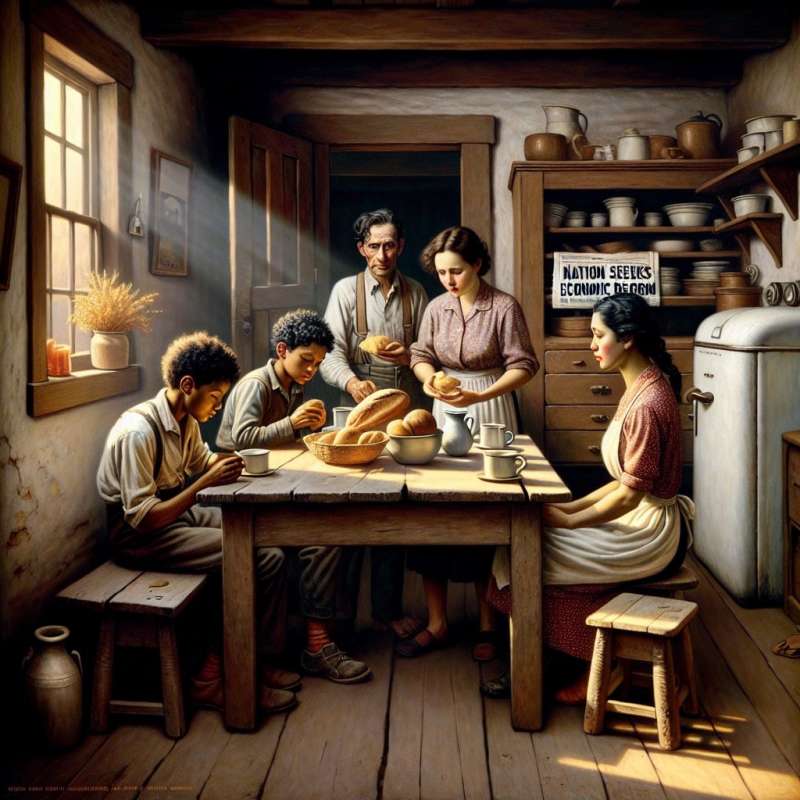
Defining Sociological Imagination
Coined by C. Wright Mills in 1959, sociological imagination is the capacity to see individual experiences in relation to larger societal patterns. It's the intersection of biography and history.
Personal Troubles vs Public Issues
Mills distinguished between personal troubles (private) and public issues (social structure). For example, unemployment is a personal trouble, but widespread unemployment indicates a public issue and societal trend.
Historical Application Examples
During the Great Depression, sociological imagination helped to understand personal financial struggles as part of an economic crisis. It turned personal problems into a national conversation about economic reform.
Sociology and Personal Empowerment
Employing sociological imagination allows individuals to comprehend their own positions within society and can foster empowerment. It's a tool for change when personal anecdotes connect to larger social issues.
Modern Technology's Role
Today's technology reshapes our sociological imagination. Social media can amplify personal issues into global discussions, altering our perception of social realities and our role within them.
Critiques and Limitations
Critics argue that sociological imagination can oversimplify complex issues by attributing them solely to societal structures, potentially ignoring individual agency and varied experiences within a society.
Developing Your Sociological Lens
To develop sociological imagination, question 'normality', seek connections between history and biography, and examine social patterns. It's a skill fostering deeper understanding of oneself and the world.
Who coined 'sociological imagination'?
Karl Marx
C. Wright Mills
Max Weber
Company